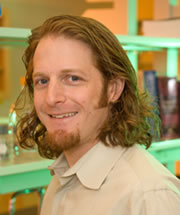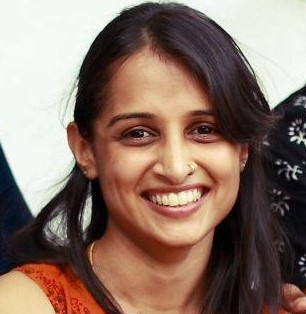Erik C. Dreaden joined the Wallace H. Coulter Department of Biomedical Engineering at Georgia Institute of Technology and Emory University in 2017. Dr. Dreaden also holds a joint faculty appointment in the Department of Pediatrics at the Emory University School of Medicine where he collaborates with researchers at Children's Healthcare of Atlanta and the Aflac Center for Cancer and Blood Disorders. Dr. Dreaden's research seeks to apply principles of molecular and nanoscale engineering to improve the therapeutic potential of drug combinations, vaccines, and immunotherapies directed against pediatric and adult cancers.
Prior to joining Emory and Georgia Tech, Dr. Dreaden was a postdoctoral fellow at the Koch Institute for Integrative Cancer Research at MIT, where his research focused on the development of polymer-based technologies for nucleic acid and rational combination cancer therapies.
Dr. Dreaden is a member of the Cancer Immunology Research Program at the Winship Cancer Institute of Emory University. He also holds memberships in the Biomedical Engineering Society, American Institute of Chemical Engineers, American Association of Cancer Research, Materials Research Society, American Association for the Advancement of Science, and American Chemical Society.
Additional Research
"The Dreaden Lab uses molecular engineering to impart augmented, amplified, or non-natural function to tumor therapies and immunotherapies. The overall goal of our research is to engineer molecular and nanoscale tools that can (i) improve our understanding of fundamental tumor biology and (ii) simultaneously serve as cancer therapies that are more tissue-exclusive and patient-personalized. The lab currently focuses on three main application areas: optically-triggered immunotherapies, combination therapies for pediatric cancers, and nanoscale cancer vaccines. Our work aims to translate these technologies into the clinic and beyond. Molecular Engineering, Tumor Immunity, Nanotechnology, Pediatric Cancer"










